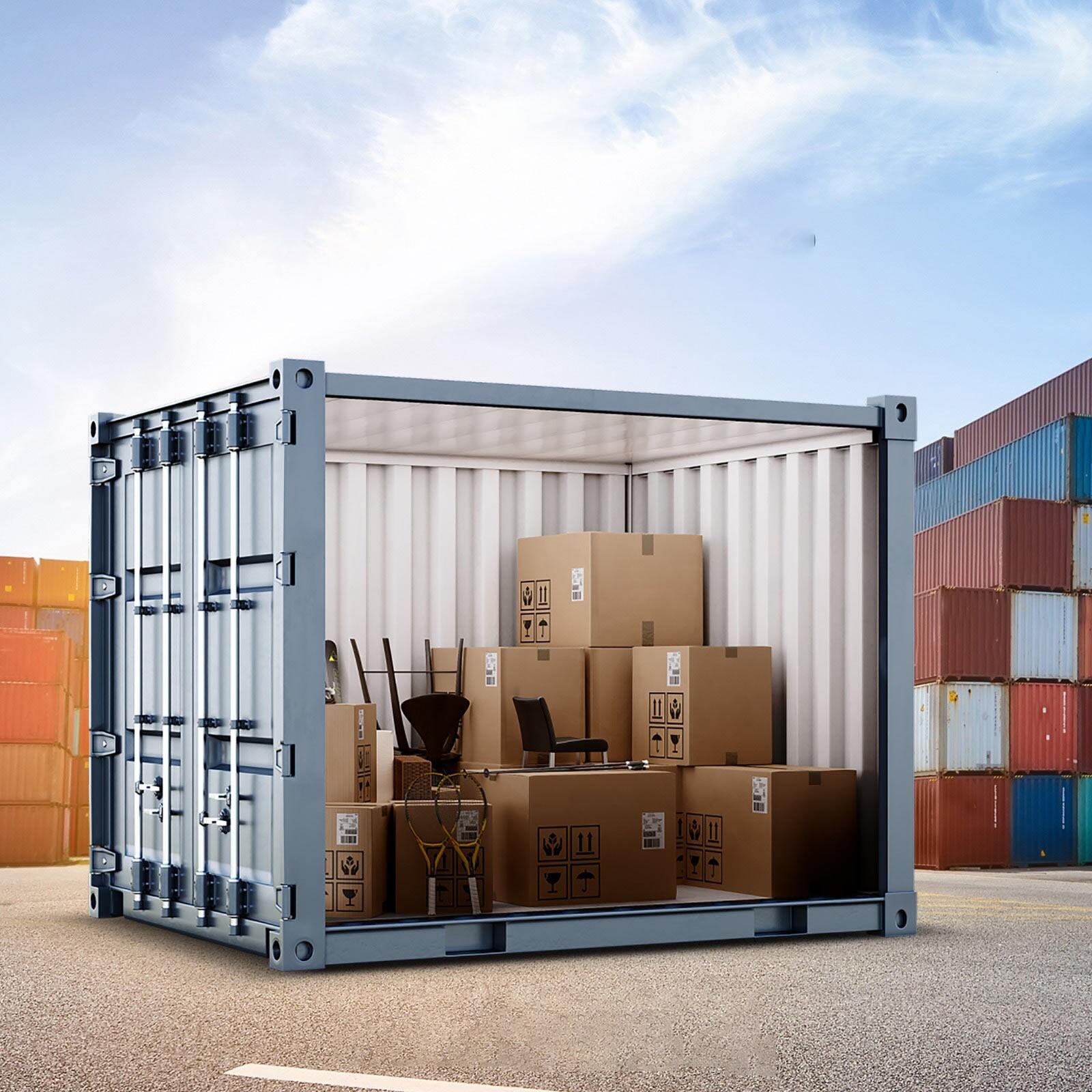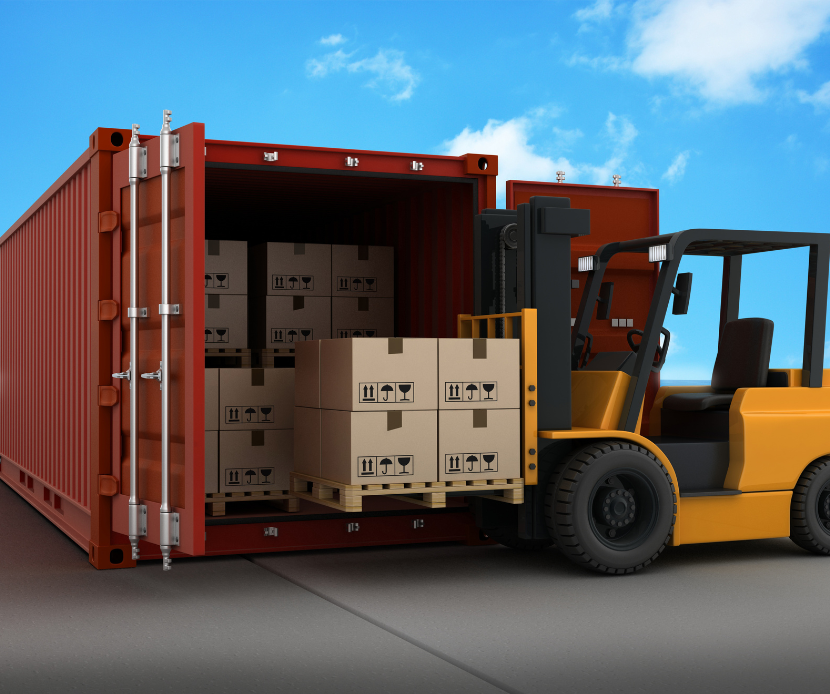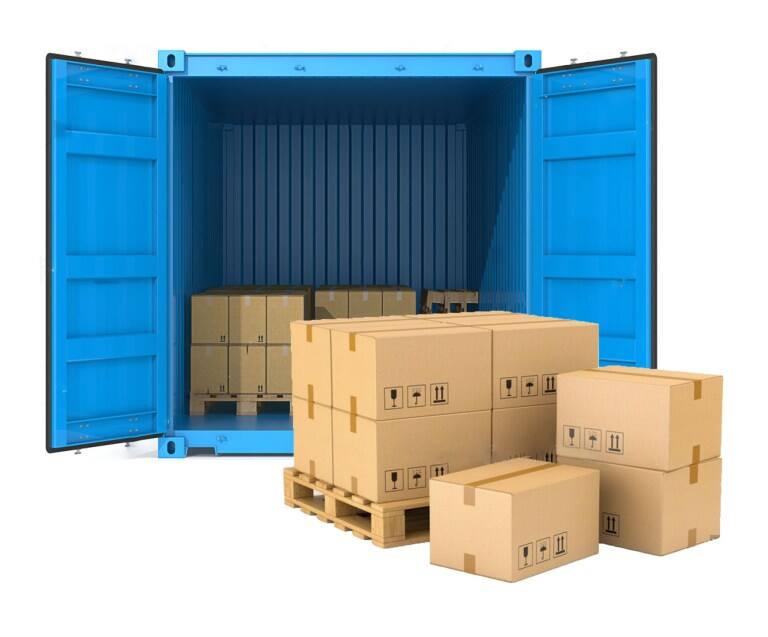international maritime transport
International maritime transport serves as the backbone of global trade, facilitating the movement of approximately 90% of world commerce across oceans and seas. This sophisticated transportation system encompasses various vessel types, from massive container ships to specialized tankers and bulk carriers, each designed to handle specific cargo types efficiently. Modern maritime transport leverages advanced technologies including GPS navigation, automated cargo handling systems, and real-time tracking capabilities to ensure safe and efficient delivery. The industry employs state-of-the-art port facilities equipped with automated cranes, intelligent container management systems, and advanced security measures. Digital transformation has revolutionized maritime logistics through blockchain technology for documentation, AI-powered route optimization, and smart containers with IoT sensors for real-time monitoring. Environmental considerations have led to the development of more fuel-efficient vessels and the implementation of cleaner fuel alternatives, reflecting the industry's commitment to sustainability. This comprehensive transport system connects major ports worldwide, enabling businesses to access global markets while maintaining cost-effective supply chain solutions.


